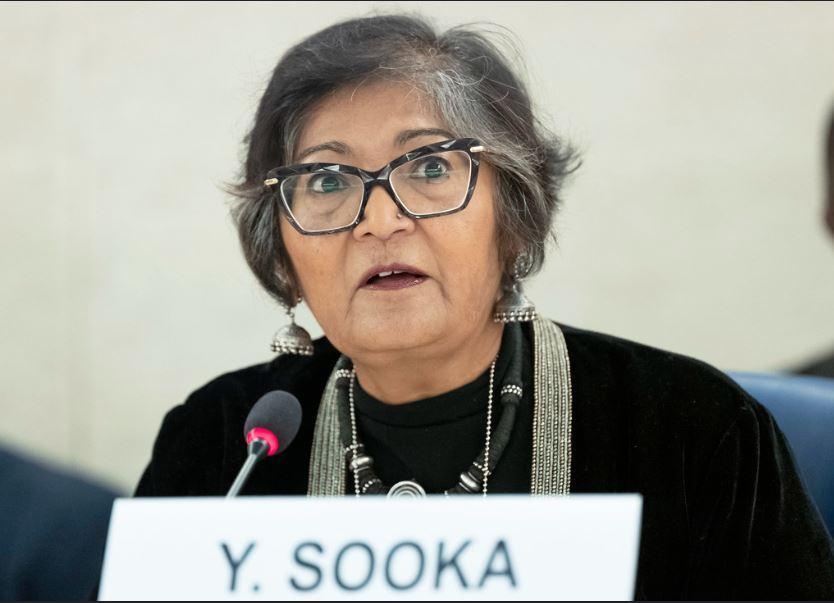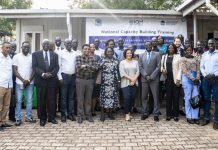Africa-Press – South-Sudan. The UN Human Rights Commission says peace in South Sudan cannot be achieved through words alone, but through accountability, protection of civilians, and reforms that prioritize people over power.
Speaking at the UN General Assembly yesterday, the UN Human rights Commission on South Sudan called for stronger international pressure to end the escalating armed conflict and political crisis in South Sudan.
It warned that the worsening situation has led to mounting human rights violations and risks derailing the country’s fragile political transition.
According to the Commission, fighting has intensified on a scale not seen since 2017 when a ceasefire was signed. It said more than 370,000 civilians have been newly displaced by conflict since March 2025, with many fleeing to neighbouring countries.
It added that two million more South Sudanese remain displaced within the country, alongside nearly 600,000 refugees — mostly from Sudan.
Yasmin Sooka, the Chairperson of the Commission, blamed political leaders for fueling tensions, saying the crisis will not end unless those responsible are held accountable and justice is enforced.
“The suffering of South Sudan’s people is not collateral damage — it is the direct consequence of political failure, once again, civilians are being bombarded, women are being raped, children are being displaced and forcefully recruited into combat roles, and entire communities are living in fear — all of this is a tragic repetition of South Sudan’s painful past. This war on the people of South Sudan is man-made and preventable. It will end only when political leaders are held to account and justice is no longer optional,” she said.
The Commission urged the United Nations, the African Union, and regional partners to take concerted action to address the crisis, which it said is rooted in governance failures and impunity.
It also called for renewed diplomatic engagement to prevent further deterioration, ensure accountability for violations, and expedite the establishment of the Hybrid Court for South Sudan.
The Commission appealed for inclusive dialogue involving all political actors, including those outside the 2018 peace agreement, to ensure a credible and peaceful transition.
The UN Commission on Human Rights in South Sudan is an independent body created by the UN Human Rights Council in 2016.
It is renewed annually, with commissioners appointed by the President of the Council. The commissioners are not UN staff and do not receive salaries for their work. They are supported by a Secretariat based in Juba.
For More News And Analysis About South-Sudan Follow Africa-Press






